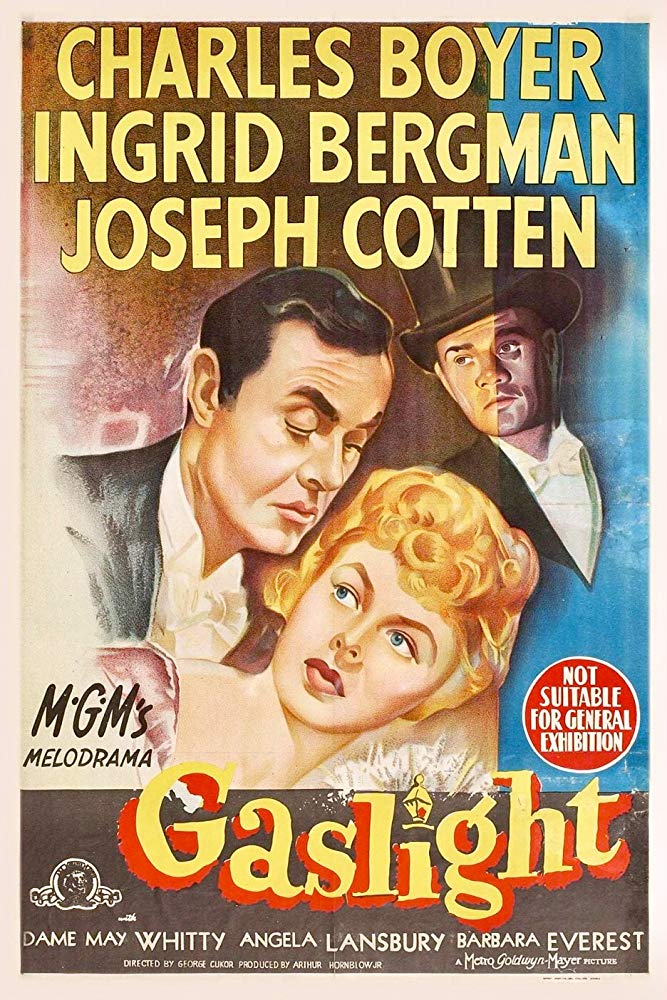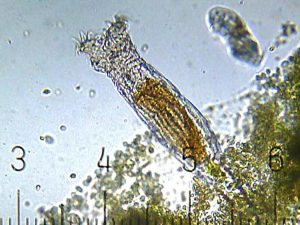 Less than a year after the entire editorial board of a public health journal resigned in protest of moves by publisher Taylor & Francis, the publisher has decided to call it quits for the journal, Retraction Watch has learned.
Less than a year after the entire editorial board of a public health journal resigned in protest of moves by publisher Taylor & Francis, the publisher has decided to call it quits for the journal, Retraction Watch has learned.
In November, the editorial board resigned en masse because its members were unhappy with how the publisher had chosen a new editor, Andrew Maier, who had ties to industry. Maier is chair of the fellows program at Toxicology Excellence for Risk Assessment (TERA), which they described as a “corporate consulting firm” in a letter to Taylor & Francis. What’s more, now-former members protested the unexplained withdrawal — after publication — of a paper by the previous editor, David Egilman about how companies use research to “manufacture doubt about the health hazards of products.”
Recently, the journal has been contacting authors who submitted manuscripts to tell them that Continue reading Months after an editorial mutiny, publisher decides to shutter public health journal
 In a case that has involved eight years of misconduct allegations, two U.S. Federal agencies, a state university, and multiple lawsuits, a former Wayne State researcher has earned a five-year ban on Federal funding.
In a case that has involved eight years of misconduct allegations, two U.S. Federal agencies, a state university, and multiple lawsuits, a former Wayne State researcher has earned a five-year ban on Federal funding.
 We’ve covered a number of stories about scientific whistleblowers here at Retraction Watch, so readers will likely be familiar with what often happens to them: Their motives are questioned, they are ostracized or pushed out of labs, or even accused of misconduct themselves. But there’s more to it, says Kathy Ahern in a
We’ve covered a number of stories about scientific whistleblowers here at Retraction Watch, so readers will likely be familiar with what often happens to them: Their motives are questioned, they are ostracized or pushed out of labs, or even accused of misconduct themselves. But there’s more to it, says Kathy Ahern in a  Before we present this week’s Weekend Reads, a question: Do you enjoy our weekly roundup? If so, we could really use your help. Would you consider a
Before we present this week’s Weekend Reads, a question: Do you enjoy our weekly roundup? If so, we could really use your help. Would you consider a  Less than a year after the entire editorial board of a public health journal resigned in protest of moves by publisher Taylor & Francis, the publisher has decided to call it quits for the journal, Retraction Watch has learned.
Less than a year after the entire editorial board of a public health journal resigned in protest of moves by publisher Taylor & Francis, the publisher has decided to call it quits for the journal, Retraction Watch has learned.
 When
When  Researchers Malte Elson and Patrick Markey probably didn’t know what they were getting into when they first raised questions about a problematic study of the possible effects of violent video games.
Researchers Malte Elson and Patrick Markey probably didn’t know what they were getting into when they first raised questions about a problematic study of the possible effects of violent video games. A former postdoc at the U.S. VA Health Care System in Albuquerque, N.M., committed misconduct in three papers, the agency announced today.
A former postdoc at the U.S. VA Health Care System in Albuquerque, N.M., committed misconduct in three papers, the agency announced today.